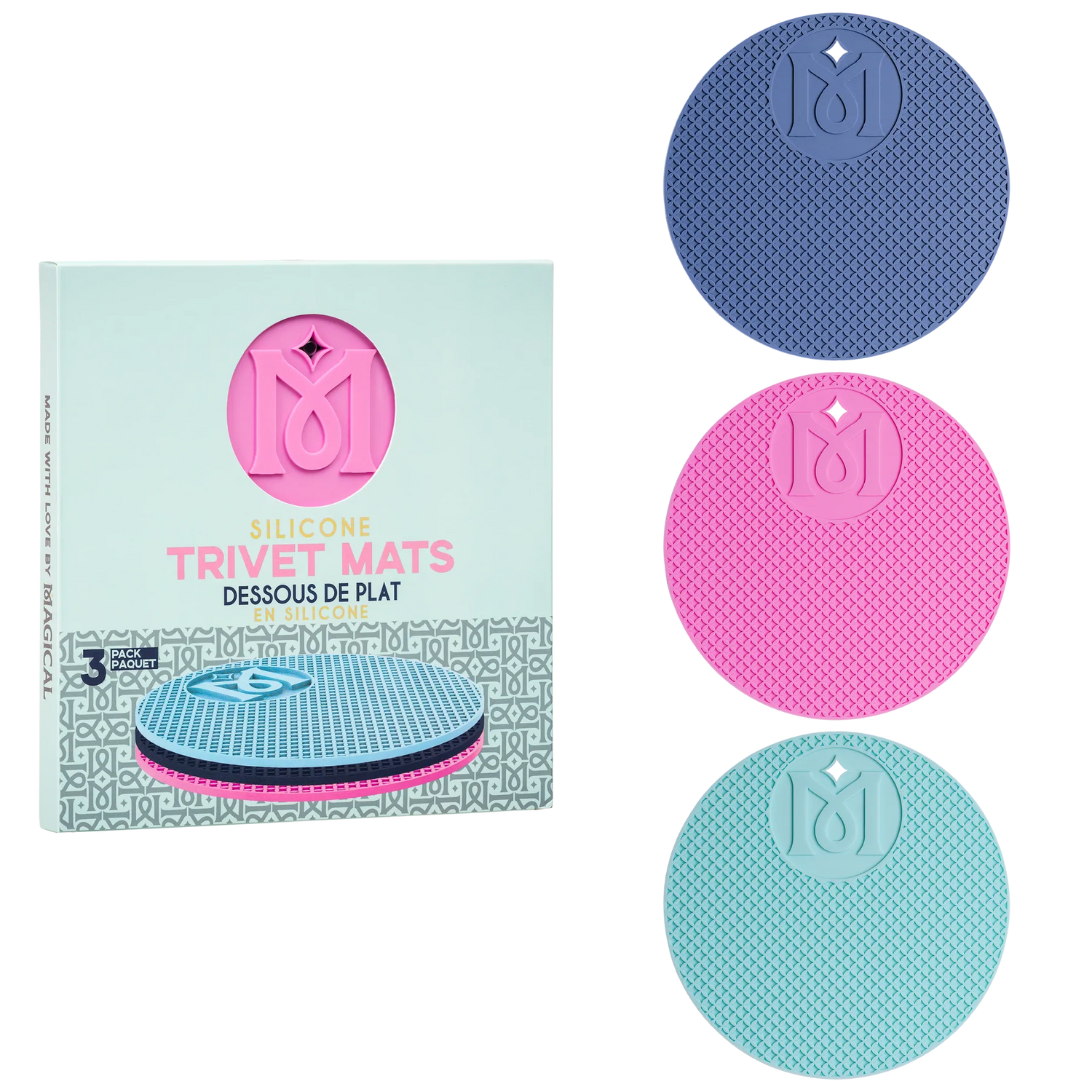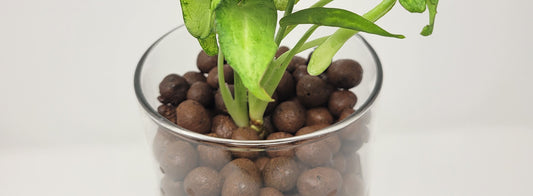Compost tea is a safe, easy way to increase the vitality of your plants. Properly prepared tea increases flavor and aroma, while reinforcing a healthy microbial population in the rhizosphere.
Historically, compost has been considered a fantastic source of food and beneficial microbes for your soil garden. The tea brewing method offers the same benefits across a wider spectrum of plant growing techniques. Compost tea is suitable for either soil or hydroponic applications, and can be applied to the plants as a root drench or foliar spray.
Start with Quality Ingredients
First, you'll want to ensure the water you use won't kill off your beneficial microbes. Using a filter, like a HydroLogic® Small Boy, can remove chlorine and chloramines, as well as other contaminants. If that isn't an option, allow your water to sit overnight, preferably with an air stone to increase the rate that chlorine off-gasses. A food-safe 5 gallon bucket works well for this.
Investing in quality compost, or making your own, will pay off in the final product. Compost made with a variety of fruit, vegetable, and mushroom scraps contains higher levels of micronutrients and a more well-balanced NPK ratio.
Compost tea can be customized to the phase of plant development, or prepared as a general supplement. To tailor your mix for vegetative growth, you can add bat guano or worm castings to increase nitrogen. For a flowering and fruiting mix, you can use seabird guano and soluble seaweed powder.
A healthy tea is a living thing, the living cultures in your tea require an oxygenated (aerobic) state to thrive. It's no coincidence that roots need oxygen, they've co-evolved with aerobic bacteria that breakdown nutrients in soil. As discussed with the water, an air pump and air stone are the easiest way to aerate your tea.
If you are making tea with a goal of increasing microbial populations, you can include an additional source of microbes. A few options are garden soil, earthworm castings, or pre-prepared microbe inoculants. This is not entirely necessary though, as beneficial bacteria will already be present.
When adding supplements to your tea, check the label directions; some manufacturers include ratios for compost tea. Otherwise, try to keep the total volume of supplements less than the volume of compost added to your tea. Adding too much can result in nutrient imbalances or starving bacteria.
Finally, after your tea has brewed, you'll add molasses as a food source for your active cultures. Molasses also adds trace minerals that benefit your plants. Blackstrap molasses contains more minerals such as iron, but unsulfured molasses contains more sugar to feed microbes.
Making Compost Tea
A healthy compost solution can be created in a number of ways. For those looking to make large quantities of tea on a regular basis, vortex or fountain style mixers stir and aerate tea at the same time. These machines can take some of the work out of the process, but will also cost you more.
Here, we will be looking at a cheap, easy way to get started making your own high quality compost tea.
You’ll Need:
- 5-gallon bucket
- Air pump and stone
- Tubing
- Dechlorinated water
- Compost
- Organic additives (Optional)
- Microbial Inoculants (Optional)
- Strainer or old sock
- Molasses
Directions:
- Start with clean, dechlorinated water as described above.
- If you have not added an air stone to your water, go ahead and add it. The air pump will sit outside of the bucket, connected by tubing to the air stone in the water.
- Add your compost. You can either put it directly into the water, or into an old sock or nylon, like a tea bag. A good starting point for the first time brewer is 2-4 cups of rich compost per 5 gallons of water.
- Add organic inputs and/or microbial inoculants to your water or sock.
- Let this mix brew with the air pump running for 24-48 hours to extract as many beneficial elements as possible
- 12-24 hours before use, add a tablespoon of molasses and watch the microbial populations explode into action! (Foam is a good thing)
- If you placed your compost directly into the water, you'll need to strain the solution before use.
- Be sure to use or refrigerate any tea before it ‘expires’. The active lifespan of your teas may vary considerably. Unrefrigerated, 1-2 days after adding any molasses is a good rule of thumb. In the fridge, keep a max of 2-4 days from the time the tea leaves the brewer. (This is a great opportunity to share with friends)
Soil Drench
Soil drenches are pretty straight forward. Once your compost tea is ready, use a measuring cup to scoop the tea and pour it around the base of your plant. For potted plants, allow the excess to runoff and remove it from the tray or saucer.
Foliar Spray
Foliar sprays allow nutrients to be taken up directly through stomas in the plant's leaves. When foliar feeding, carefully pour your tea into a sprayer or fogger, and spray plants at night or during lights off to avoid burning leaves.
Sprayers can cause water marks on the leaves, if you're worried about it, add a drop of unscented castile soap to your mix. Castile soap breaks the surface tension of water, so it will not bead up. Do NOT add castile soap to foggers.
For Hydro
Using compost tea in hydroponics is not as straight forward as in soil. Depending on the type of hydroponic system you run, adding compost tea to your reservoir could clog your roots.
In an irrigation style system, compost tea can be added directly to the root site. If you choose to add compost tea to a hydroponic reservoir, you'll need to change the reservoir after about 24 hours. Monitor your reservoir temperatures, a nice cool solution between 60 and 65 degrees is ideal.
Growers maintaining a sterile system with hypochlorous acid or using H2o2 for root oxygen will kill off the living cultures in the tea. For most hydro growers, foliar feeding will be the most beneficial application.
Pre-made Compost Tea
Some hydroponic or specialty gardening stores may sell compost tea brewed in store. If you can't find this near you, and making your own takes more time than you have, AquaOrganix Power Shot provides a powerful pick-me-up suitable for any plant.
Curious about making your own natural fertilizers? Comment below, contact us here, or stop by your Atlanta Hydroponics store Taproot Hydroponics and we'll be happy to answer any questions you have!







1 comment
Quick question about the water for the compost tea. I’m on a well and I have a whole-house water filtration system that removes most minerals and impurities and also an RO water filtration unit under the kitchen sink, but I have a high concentration of silicates. Is the faucet water and/or RO water ok to use for the tea?